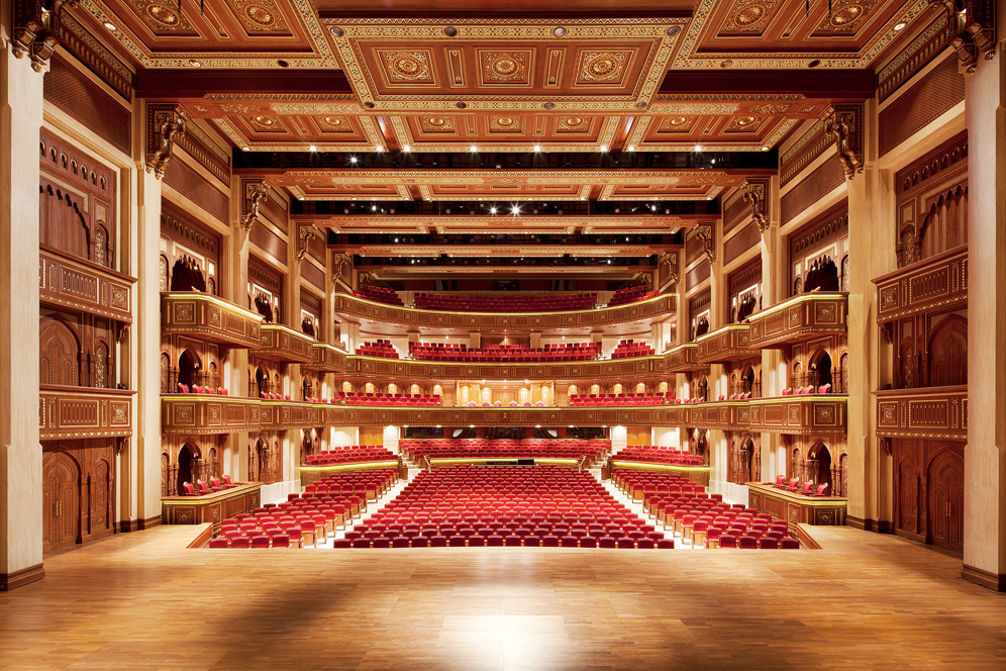

ThisĮxperience fostered Verdi's anticlericalism and his dislike of Busseto. The clerical party, however, secured the post for a candidate of their own, and a factional dispute followed. In 1834 he returned to Busseto to claim, with Barezzi's support, the vacant Lavigna, a musician on the staff of La Scala (Teatro alla Scala).


He remained in Milan for three years, however, studying with Vincenzo At the age 18, he was sent to Milan, at Barezzi's expense, to enter theĬonservatory but was rejected as being over the age limit for entry. Besides copying parts and deputizing for the organist, Verdi began to composeĪ number of pieces for the local philharmonic society and the church. The boy showed his musical gift at an early age and attracted the attention of Antonio Barezzi, a merchant and an amateur of music inīusseto, who encouraged and helped him in his education. Verdi's father, Carlo Giuseppe Verdi, keeper of a tavern and grocery, was illiterate and too poor to give his son a thorough education, but Giuseppe Fortunino Francesco Verdi (born 1813, Le Roncole, near Busseto, duchy of Parma -died 1901, Milan, Italy), leading ItalianĬomposer of opera in the 19th century, noted for such works as Rigoletto (1851), Il trovatore (1853), La traviata (1853), La forza delĭestino (1862), Don Carlo (1867), Aida (1871), Otello (1887), and Falstaff (1893)


 0 kommentar(er)
0 kommentar(er)
